Families in Hull are missing out on thousands of pounds of financial support to help them buy healthy food.
The “Healthy Start” voucher scheme was introduced to help people buy fruit and vegetables, milk and claim free vitamins from 10 weeks into pregnancy or until their child was four.
However, between £250,000 and £350,000 is going unclaimed every year in Hull alone because people don’t realise they’re entitled to the support.
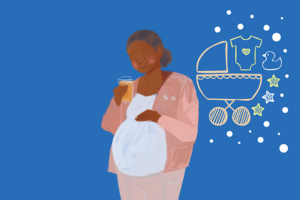 Joanna Melia, Public Health Specialist Midwife at Humber Health Partnership, said: “Eating and drinking healthily during pregnancy means you’re giving your baby a great start to life while looking after your own health.
Joanna Melia, Public Health Specialist Midwife at Humber Health Partnership, said: “Eating and drinking healthily during pregnancy means you’re giving your baby a great start to life while looking after your own health.
“These vouchers are a great way of paying for healthy fruit, vegetables, pulses and milk and I’d encourage everyone entitled to the benefit to claim it.”
People on Universal Credit can apply for the “Healthy Start” voucher scheme when they are more than 10 weeks pregnant or have a child under 4.
Those entitled to the benefit will be sent a Healthy Start card preloaded with money that can be used in shops, with the entitlement renewed every four weeks.
You can use your card to buy:
- plain cow’s milk
- fresh, frozen, and tinned fruit and vegetables
- fresh, dried, and tinned pulses`
- infant formula milk based on cow’s milk
You can also use your card to collect:
- Healthy Start vitamins – these support you during pregnancy and breastfeeding
- vitamin drops for babies and young children – these are suitable from birth to 4 years old
You’ll get money added onto your Healthy Start card every 4 weeks. You’ll receive:
- £4.25 each week of your pregnancy (from the 10th week of your pregnancy)
- £8.50 each week for children from birth to 1 year old
- £4.25 each week for children between 1 and 4 years old
 Your money will stop after your child’s fourth birthday, or if you no longer receive benefits
Your money will stop after your child’s fourth birthday, or if you no longer receive benefits
If you’re pregnant and under 18 you can claim even if you do not receive any benefits.
Visit the NHS Healthy Start website for more information or to apply.


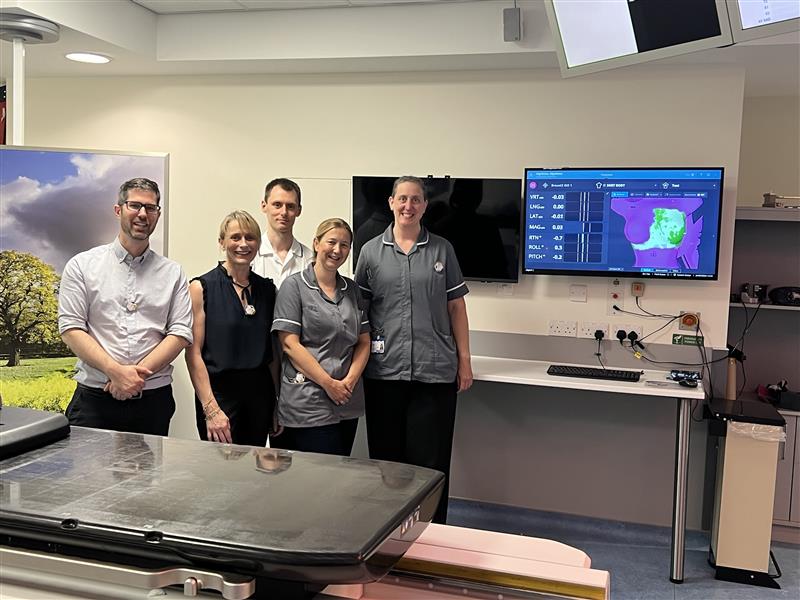
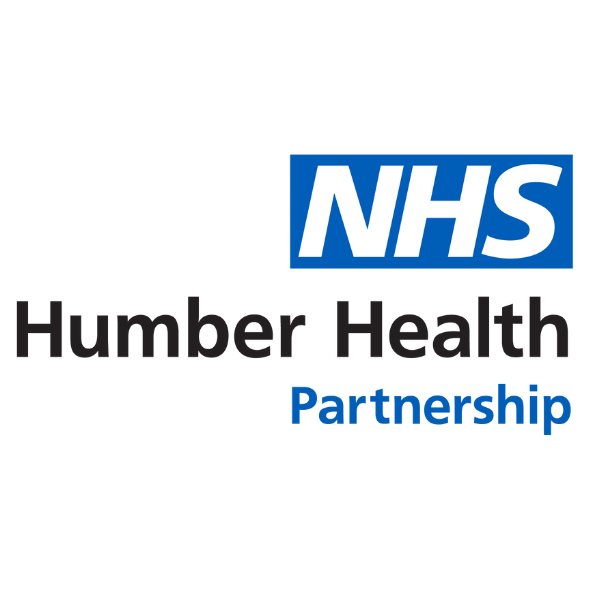
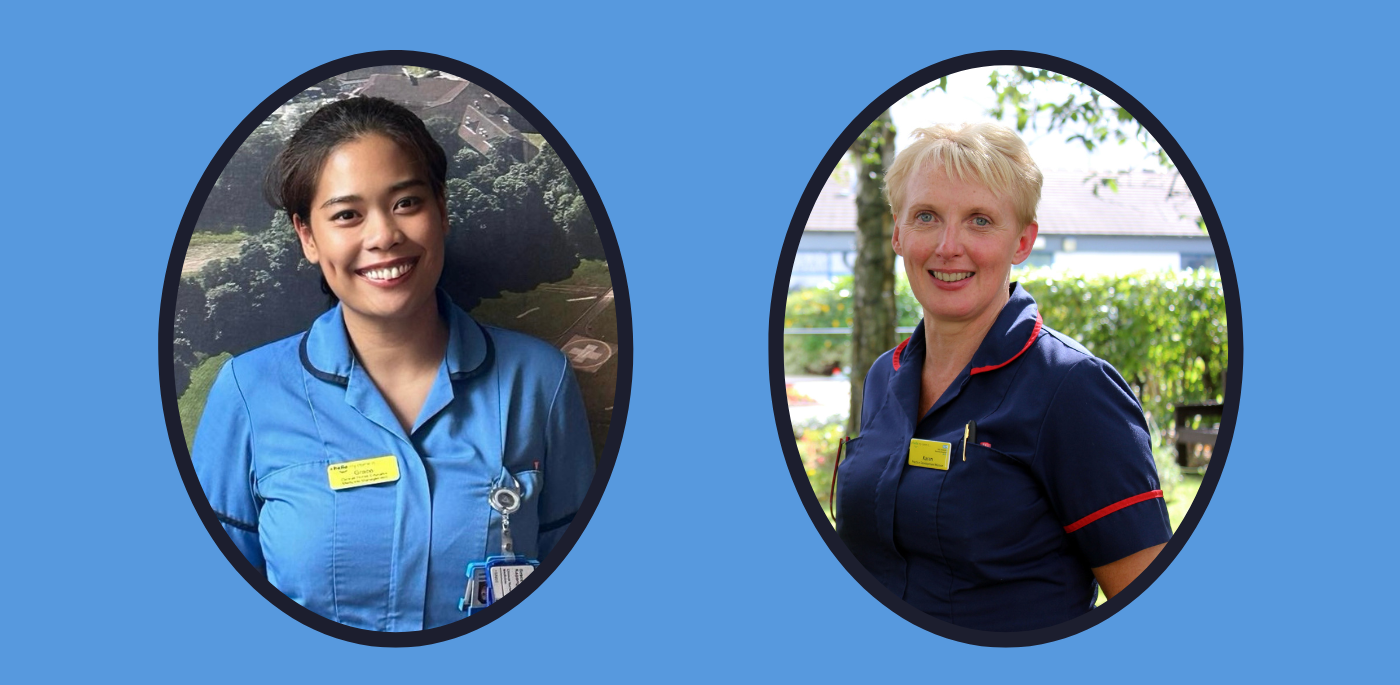
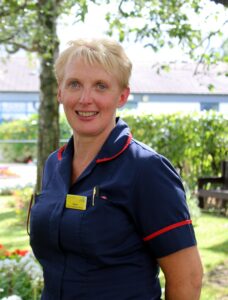

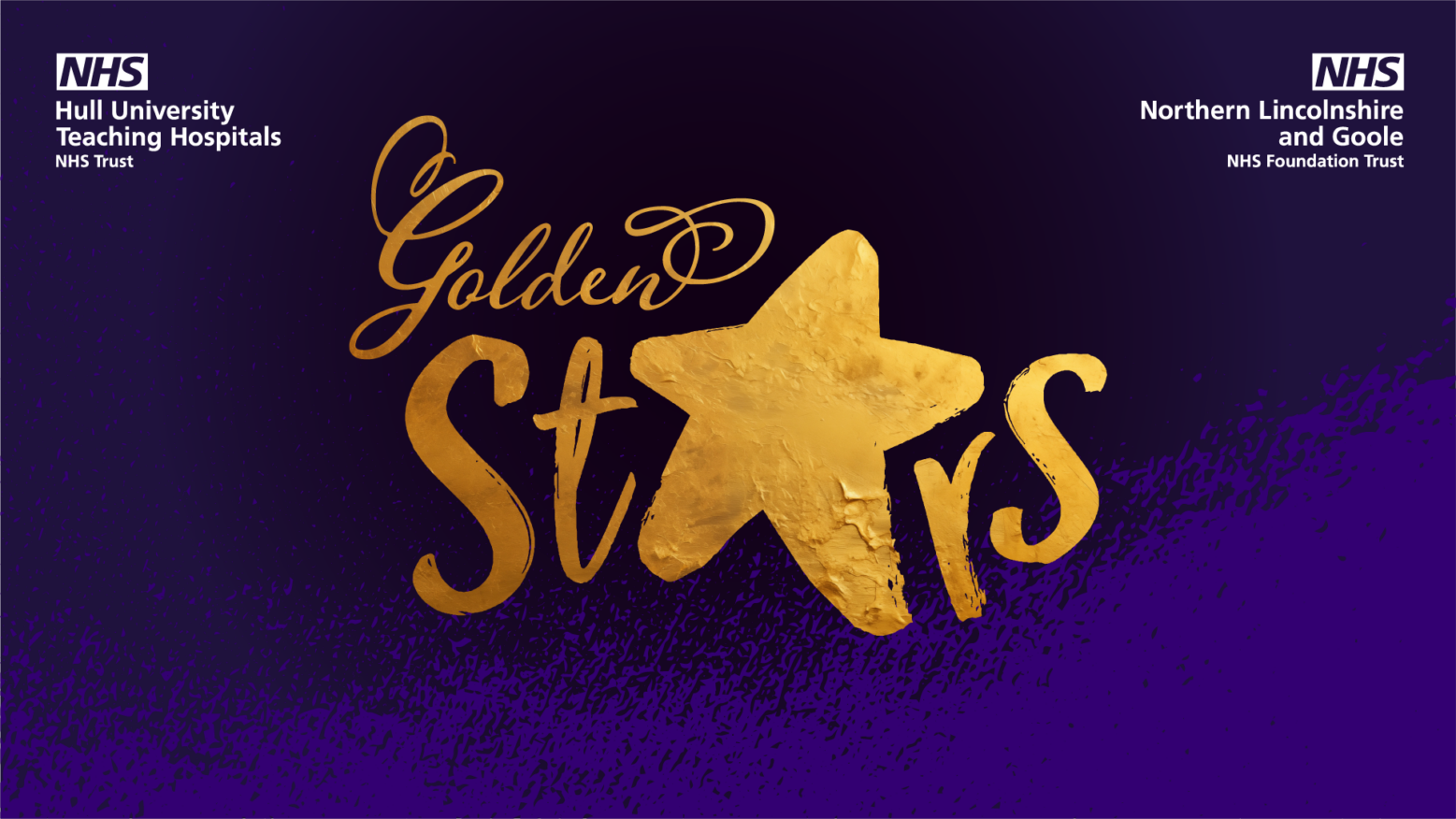


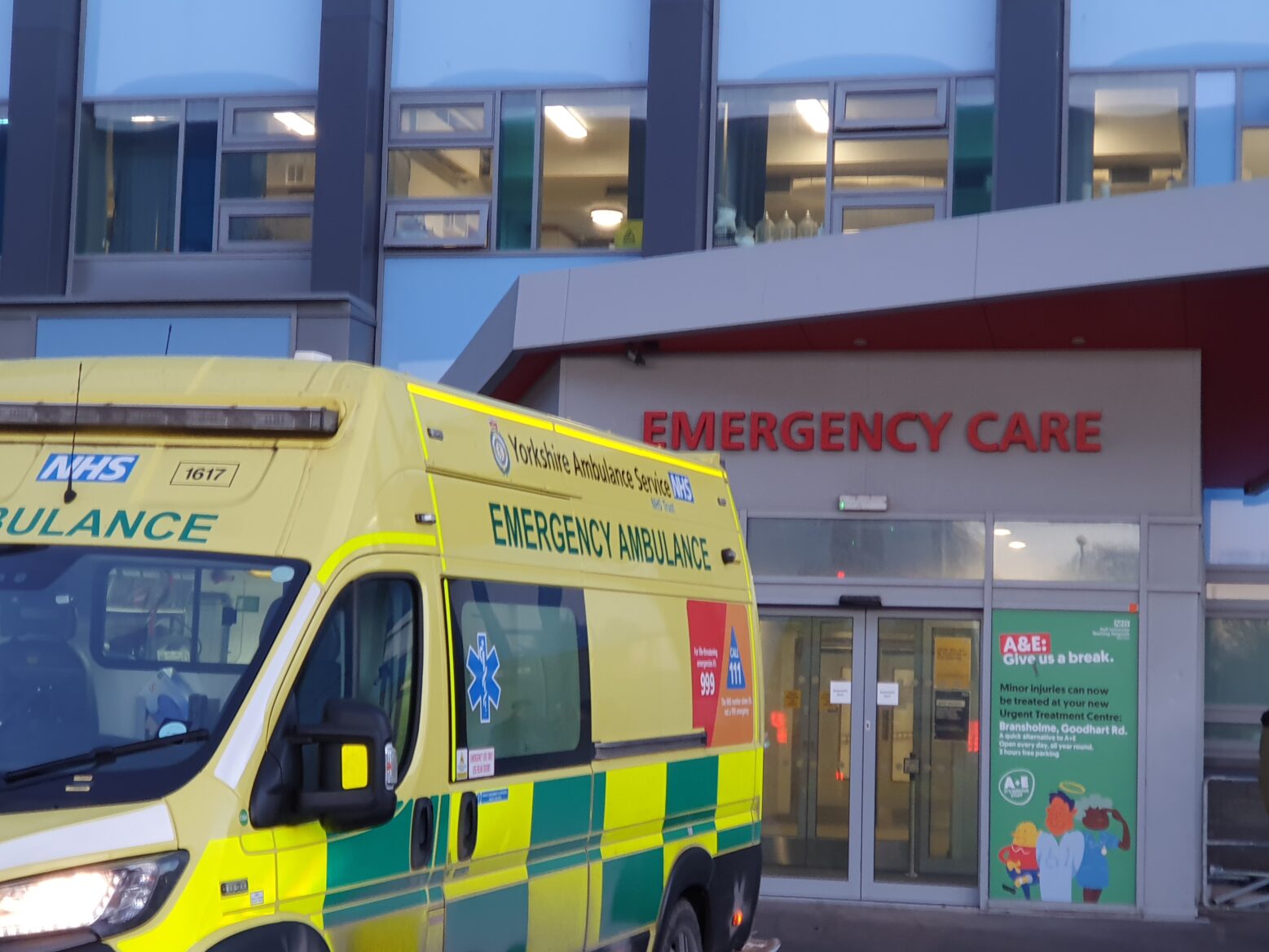

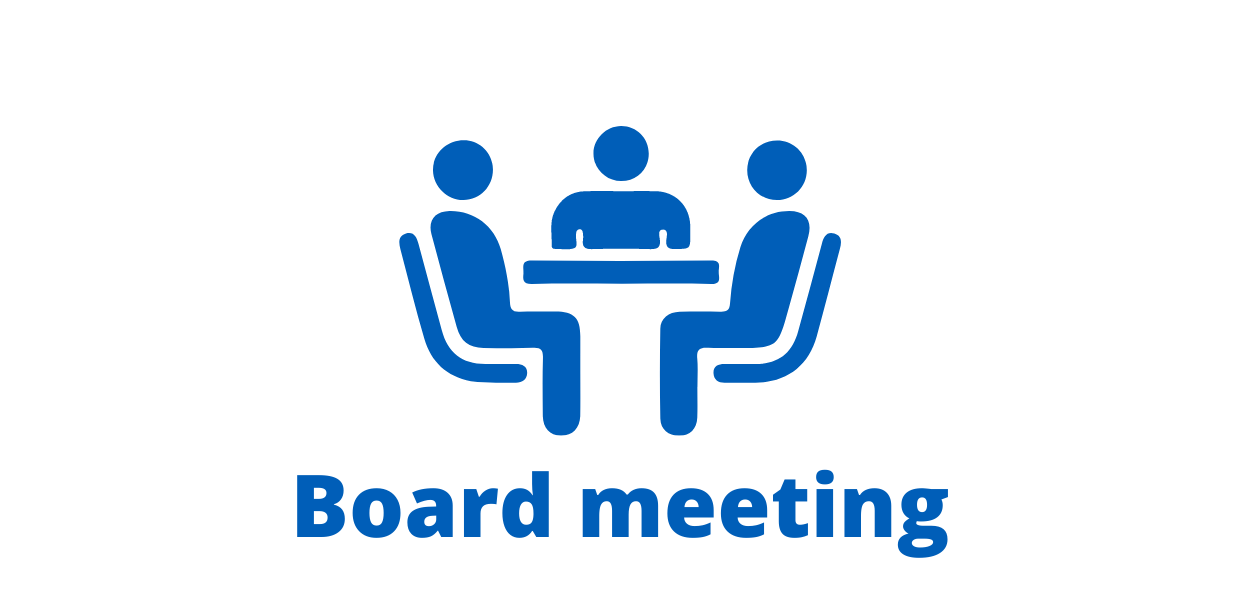
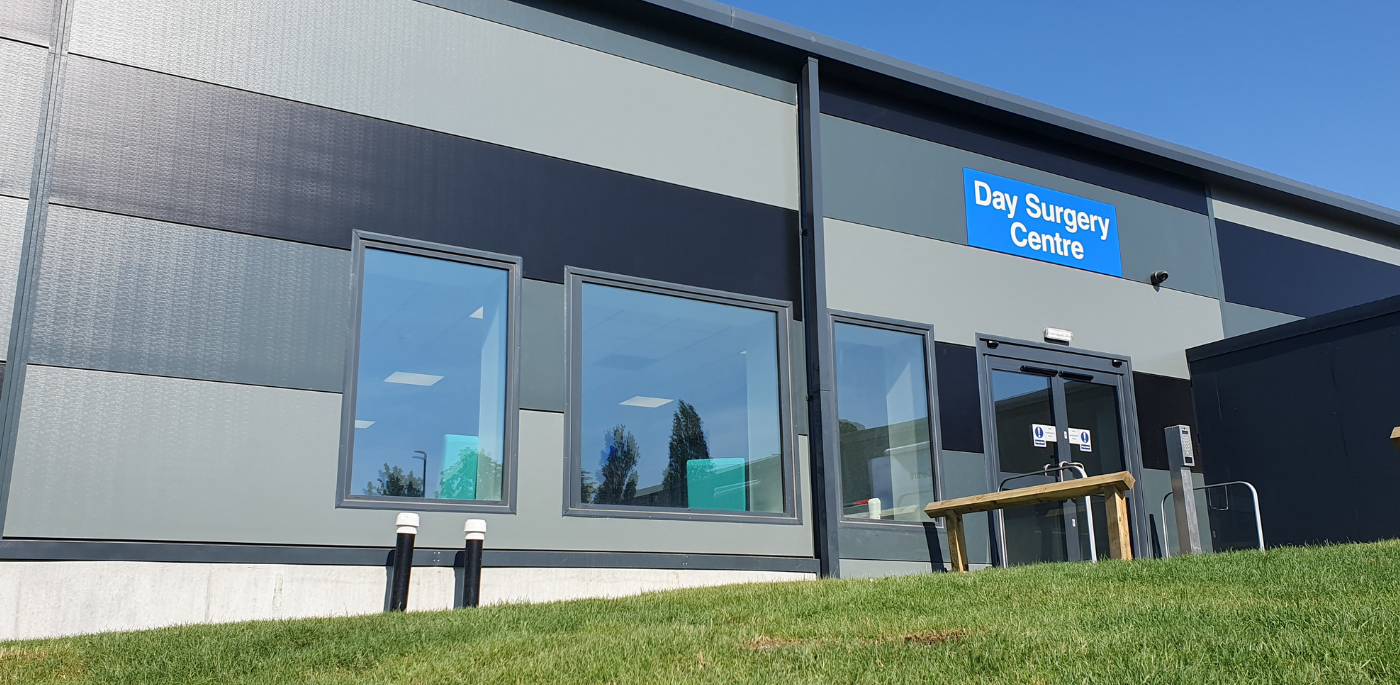
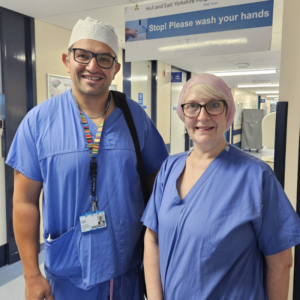
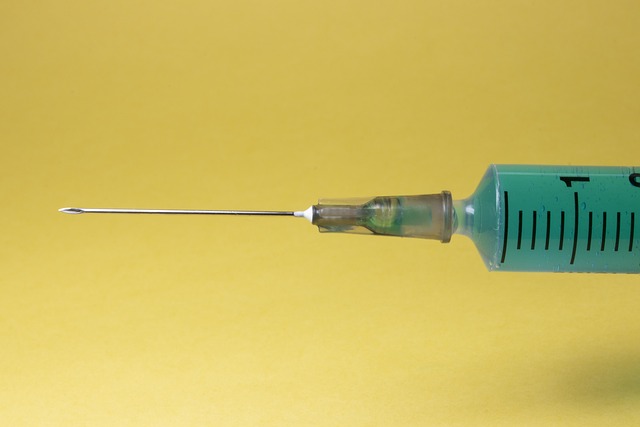
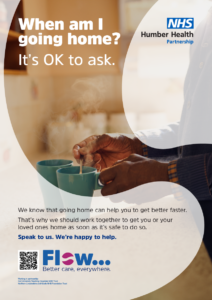 Advanced technology will be deployed over future years to support patients with conditions such as COPD or heart failure in their own homes as part of the evolution of “virtual wards” to end time-consuming outpatient appointments and prevent emergency and unnecessary admissions to hospital.
Advanced technology will be deployed over future years to support patients with conditions such as COPD or heart failure in their own homes as part of the evolution of “virtual wards” to end time-consuming outpatient appointments and prevent emergency and unnecessary admissions to hospital.